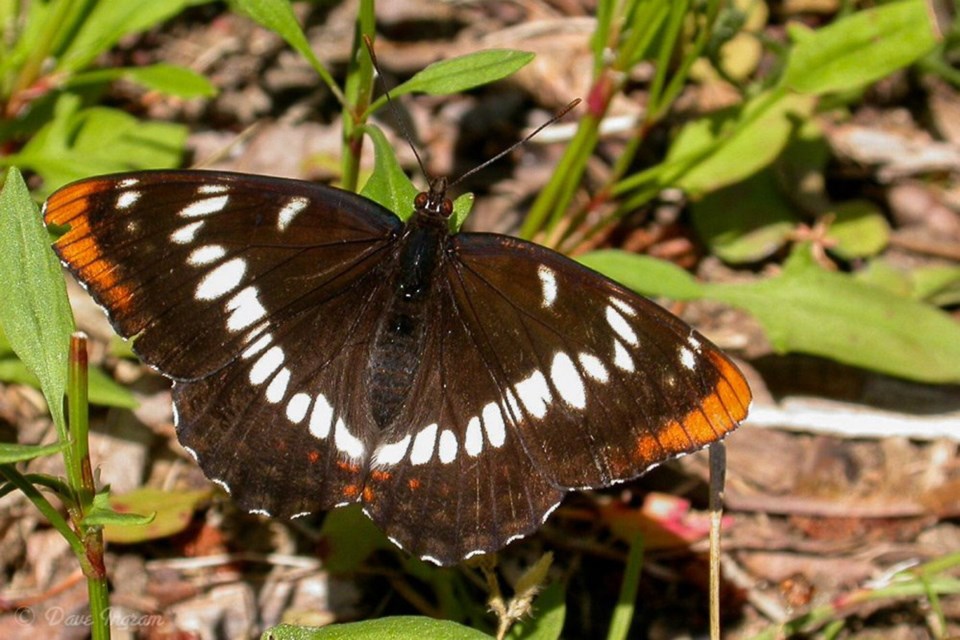The David Suzuki Foundation is recruiting volunteers to act as “butterfly rangers” in Victoria.
The Butterflyway Project aims to increase habitat spaces for the winged insects in five Canadian cities. “We’re looking at creating patches of butterfly- and bee-friendly habitats,” said Lindsay Coulter, a green-living expert with the foundation.
In Victoria, 20 to 25 volunteers will be selected for the training, then equipped with seeds.
The hope is that they will share the information with neighbours and other community members, Coulter said.
The local butterfly population is on the decline, she said, as a result of habitat loss.
But that can be stemmed by avoiding pesticides, replacing grass with pollinator-friendly plants and taking other measures.
“We’ll be teaching people about our local situation in Victoria and what the needs are of the native butterfly species and the plants they require,” she said.
For example, among the 70 native butterfly species on Vancouver Island, 10 prefer to lay their eggs on oceanspray and stinging nettle only, she said.
The foundation is also hosting the project in Richmond, Toronto, Markham and Montreal.
The application deadline is Feb. 19. Applications are accepted at davidsuzuki.org/butterflyway.
Training will take place March 4 and 5 at Goward House in Cadboro Bay.
Much of the work will take place in the fall, she said.
“Part of it is about increasing the local populations of different species, but even more so, it’s about getting people out and connecting with their neighbourhoods and building social capital.”
Coulter, who will lead the local training, said ideal volunteers will have a curiosity and interest in supporting pollinators, as well as a willingness to reach out to their family, friends and colleagues.



